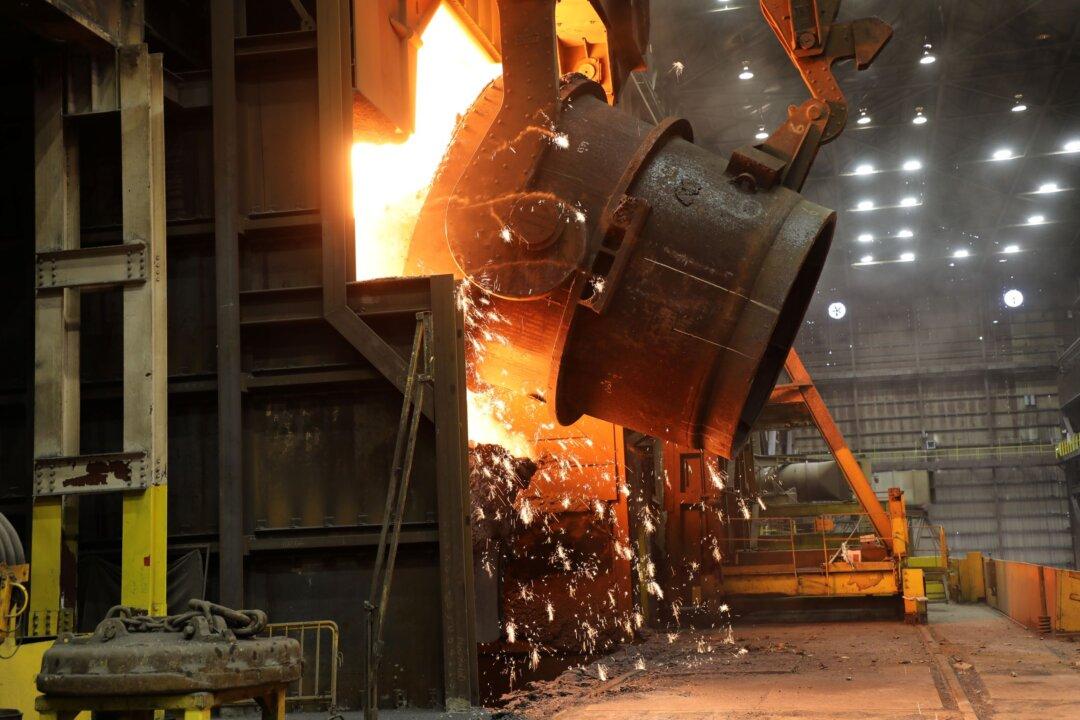Bipartisan opposition is growing in Washington to the planned $14.9 billion acquisition of 122-year-old U.S. Steel by Japan’s Nippon Steel over national security concerns.
Sen. John Fetterman (D-Pa.) pledged to prevent Japan’s largest steelmaker from purchasing Pittsburgh-based U.S. Steel, calling it “absolutely outrageous” because the material is about the country’s national and economic security.”




